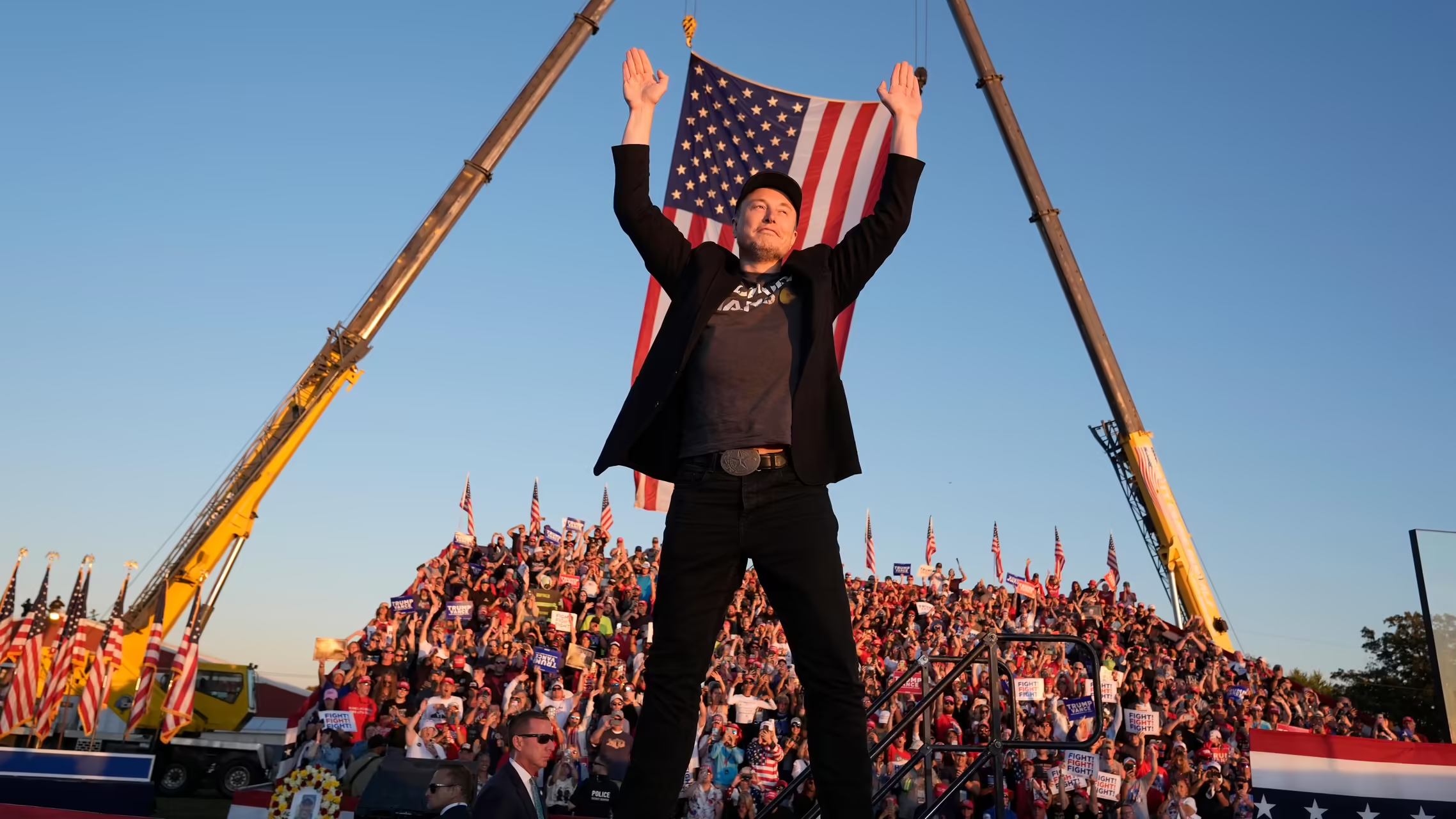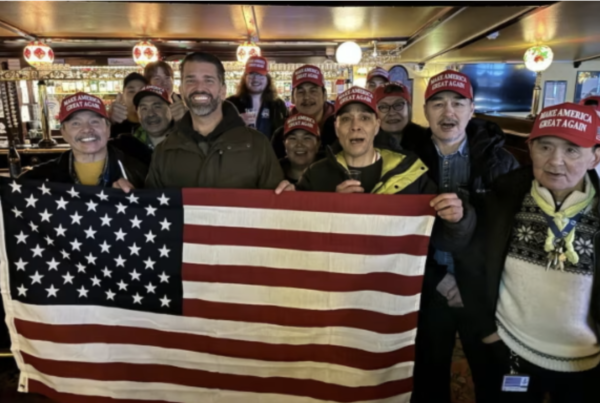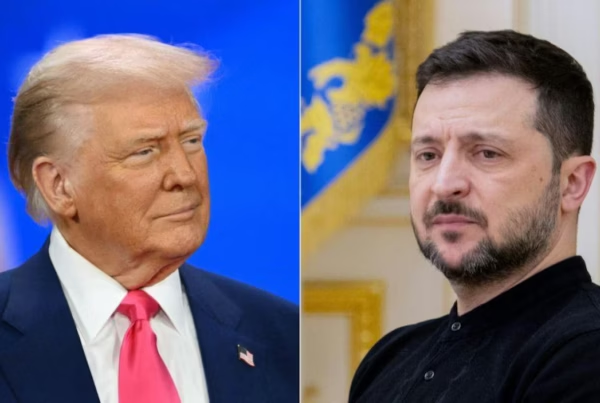Elon Musk emerged as a prominent figure in Trump’s campaign, exerting substantial influence in his role as a mega-donor, informal advisor and amplifier of conspiracy theories and misinformation.
In the recent American presidential election campaign, Elon Musk emerged as a prominent figure in the race, exerting substantial influence in his role as a mega-donor, informal advisor, media influencer, and amplifier of conspiracy theories and misinformation. The billionaire CEO, now a self-described “dark gothic MAGA” supporter, has aligned himself with Donald Trump. Once a centrist who identified as “politically moderate” and a consistent Democrat voter since 2008, he has shifted to become a key player in Trump’s re-election efforts. Musk’s power lies not only in his massive donations but also in his ownership of one of the country’s most popular social media platforms, X, formerly Twitter.
As the owner of X, Musk holds immense sway over the flow of information. He has over 200 million followers on the platform, but his power is not limited to his follower base. Since taking ownership of the company in 2022, he has directed engineers to prioritise his posts, effectively tilting the platform’s discourse toward his perspectives. This highlights the complex role of social media platforms in political discourse, where algorithms limit users’ exposure to diverse perspectives, often only presenting information that aligns with their preferences to maximise engagement and profit. Concern is growing about the clash between social media companies’ financial incentives and the free, fair flow of information during an election. Musk’s account regularly amplifies both positive narratives about Trump and attacks on his opponents like Harris, mixing opinion with misleading or false information. This can, in turn, skew public discourses by undermining the equal visibility of voices and favouring the spread of misinformation.
Musk has cast himself as a “free speech absolutist,” but that moniker has been undermined by his actions during the campaign. In early October, journalist Ken Klippenstein published a dossier on vice-presidential candidate JD Vance, sourced from an alleged Iranian hack of the Trump campaign. Following this, the New York Times reported that the Trump campaign asked X to block links to the dossier; X suspended Klippenstein’s account and blocked the links. This incident highlights the contradictions in Musk’s free speech stance, suggesting that his commitment may waver when political interests are at stake.
As well as helping Trump through social media, Musk has also become a mega-donor. In the last three months, Musk has donated over $75 million to America PAC, the pro-Trump political action committee which he founded. A PAC (political action committee) is an independent political group that can raise and spend unlimited funds to support or oppose candidates, but it cannot coordinate directly with campaigns. The America PAC, which Federal Election Commission records show is entirely funded by Musk, has fervently supported Trump’s campaign. These huge sums of money are financing on-the-ground operations to get people out to vote. Through his PAC, Musk established a base of operations in the battleground state of Pennsylvania. He has organised a series of events in the state following his appearance at a Trump rally there in October. Despite the financial muscle Musk has exercised for this campaign, his relationship with Trump is very new, as his voting history and past criticisms of Trump reveal.
Musk’s funding is not limited to voter outreach or his own PAC; he has also made financial contributions to the conservative non-profit organisation Building America’s Future. Additionally, the group has supported a super PAC that runs targeted ads with contrasting messages: one labeling Kamala Harris and Doug Emhoff as “America’s pro-Israel power couple” in areas with significant Arab and Muslim populations in Michigan, and another in Pennsylvania aimed at Jewish voters, criticizing Harris for being overly pro-Palestinian.
His most infamous involvement in the campaign, however, is ‘The MAGA Millions.’ The America PAC, starting on October 19th, gave away $1 million every day until the election to a randomly selected signatory to a petition supporting free speech and gun rights. The key issue is that, as Rick Hasen, a political science professor at UCLA School of Law, explained, the scheme “veers into clearly illegal vote-buying” because Musk is incentivising people to vote for Trump with a cash prize. Signatories must be registered voters, and critics argue this requirement means that Musk is incentivizing people to register to vote using a financial prize, which is illegal in the United States. Eleven attorneys and public officials who have served in Republican administrations penned a letter after the scheme was launched urging the Department of Justice to investigate Mr Musk’s offer. “We are aware of nothing like this in modern political history,” they wrote, pointing to potential violations of federal and state law. Furthermore, prosecutors in Philadelphia unsuccessfully sued to stop Musk’s initiative, accusing him of running an “illegal lottery.” The District Attorney of Philadelphia, Lary Krasner, asked for an immediate injunction before the presidential election. However, this was denied.
So what is Musk actually getting out of this? His goals appear to be largely focused on influence and profit. Trump has hinted that Musk might take on a role like “secretary of cost-cutting” to boost government efficiency, which Musk has echoed as part of his agenda. This could mean channelling even more funds toward his ventures through government contracts and federal backings.
Furthermore, Musk and Trump have both expressed support for deregulation and lowered government intervention in the private market. Musk’s legal challenges with agencies like the Environmental Protection Agency (EPA) and Federal Aviation Administration (FAA) could shift in his favour under a Trump administration that is likely to drastically cut their resources and weaken their authority. Last month, the FAA accused Musk’s SpaceX of violating launch safety protocols, after the agency grounded the company’s spacecraft for regulatory breaches several times. The EPA has also initiated investigations into SpaceX following complaints that the company is releasing unsafe levels of wastewater into the environment. These battles with regulatory agencies have prompted Musk to support deregulation. Musk’s potential role in government, as well as Trump’s promise to dismantle the EPA, would reduce state-sponsored scrutiny of Musk’s businesses, and grant him significantly more freedom.
Musk’s involvement in Trump’s re-election bid demonstrates an unprecedented blending of personal influence, financial power, and media control in a presidential campaign. By aligning with Trump and leveraging his vast wealth and platform on X, Musk seeks to shape political outcomes that could benefit both his business and political goals, such as reduced government regulation and enhanced support for his companies. His aggressive campaign strategies have sparked legal challenges and raised questions about election integrity and the place of money and social media in the democratic process.
Other posts that may interest you:
Discover more from The Sundial Press
Subscribe to get the latest posts sent to your email.





